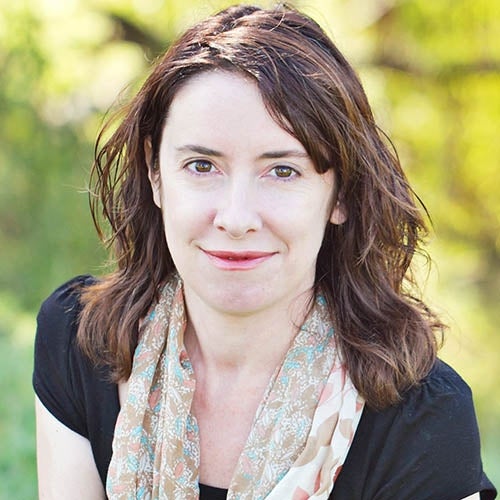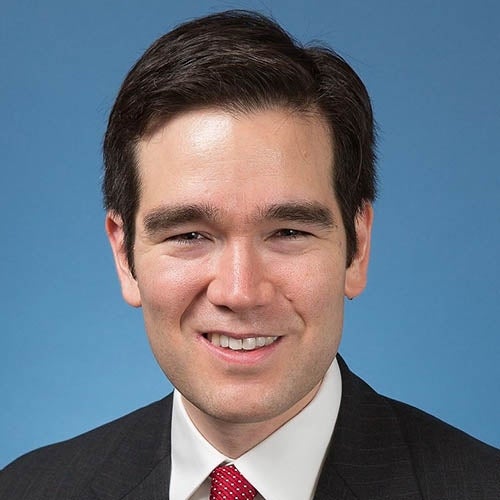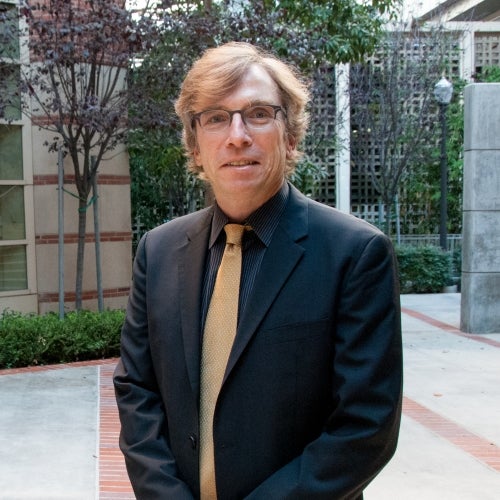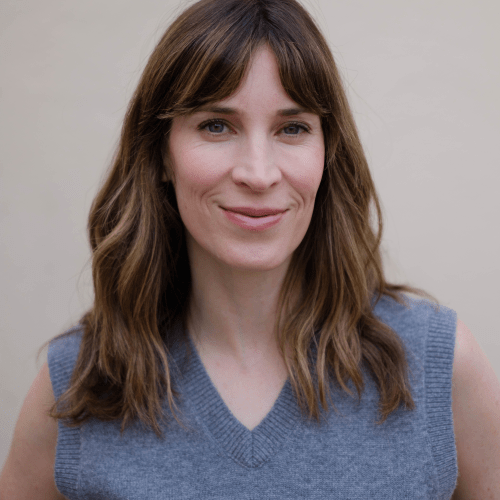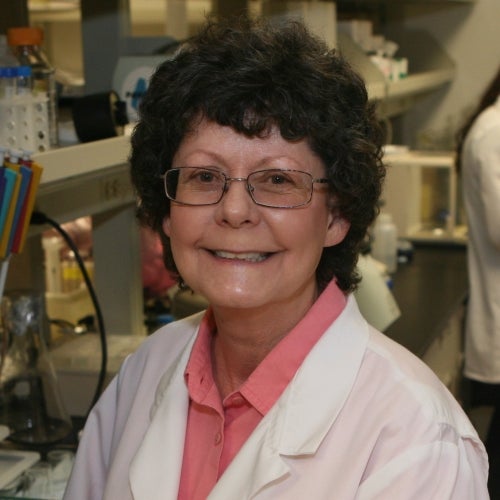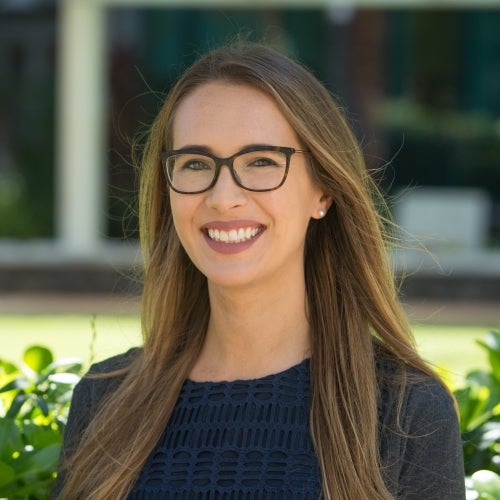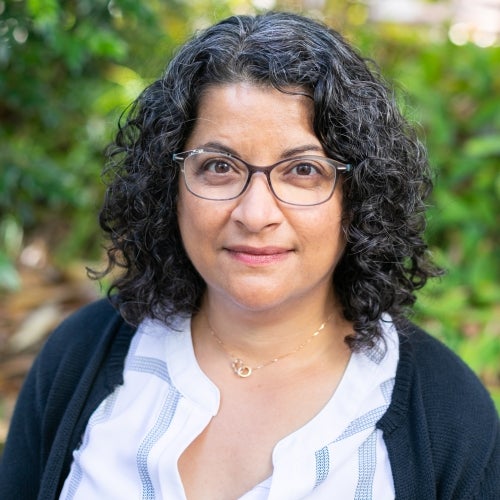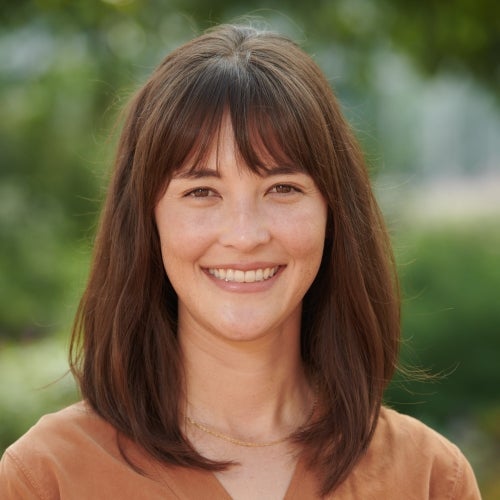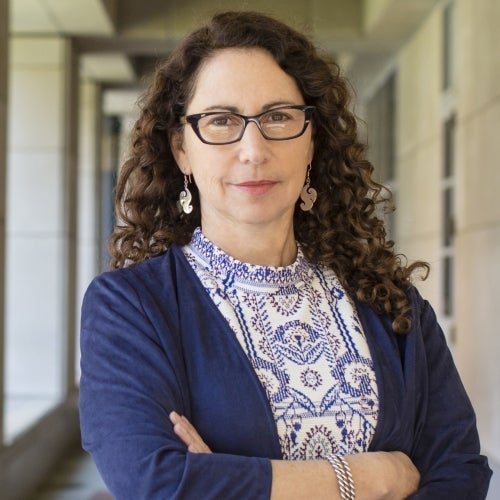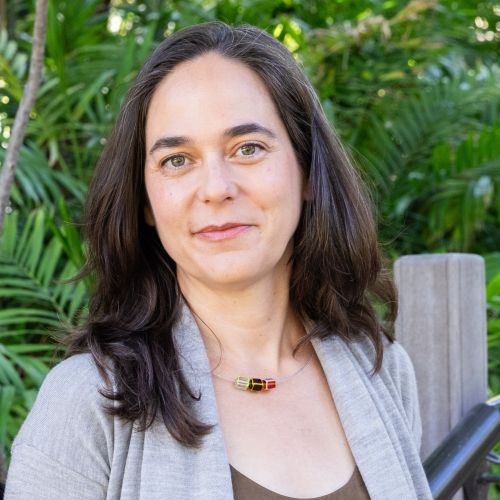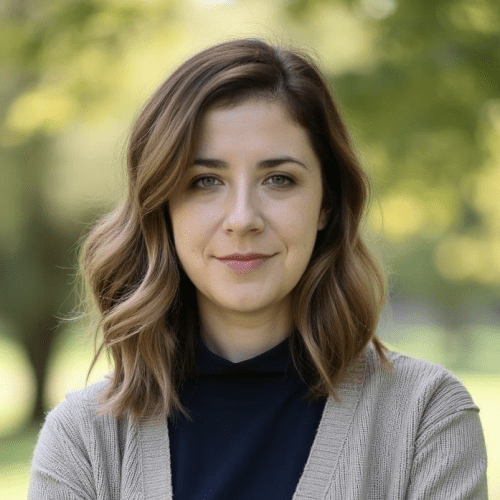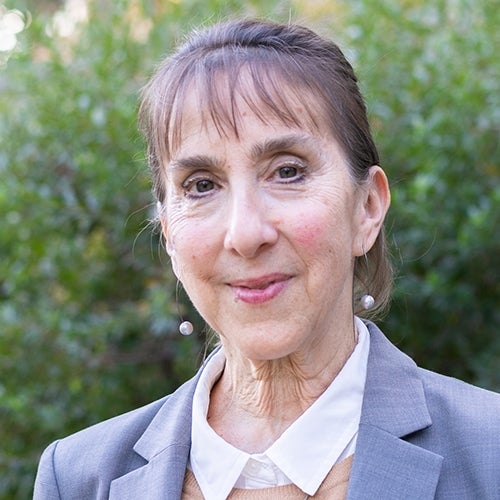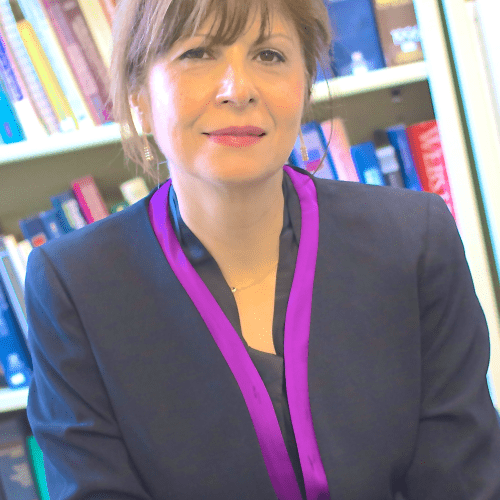These pesticides may increase cancer risk in children
Research by a team including Dr. Julia Heck and Dr. Beate Ritz links prenatal exposure to specific chemicals to higher rates of eye cancer.
Past research has shown that pesticide exposure increases the risk of cancer. Now, UCLA-led research has exposed which specific pesticides increase the risk of retinoblastoma — a rare eye tumor — in children.
The study, published in the August International Journal of Hygiene and Environmental Health, found that children prenatally exposed to the chemicals acephate and bromacil had an increased risk of developing unilateral retinoblastoma, or cancer in one eye, and that exposure to pymetrozine and kresoxim-methyl increased the risk of all types of retinoblastoma.
“What’s important is looking at specific bad actors and identifying them,” said Dr. Julia Heck, UCLA Fielding School of Public Health associate professor of epidemiology, and a co-author of the work who studies environmental causes of childhood cancers.
Identifying specific pesticides correlated with cancer is the first step toward banning or replacing them with less harmful options.
The researchers studied land use data and pesticide use reports — which provide information on where, when and in what quantity the chemicals are applied — to determine locations of possible pesticide exposure. They considered 132 pesticides that are associated with cancer.
They compared children with retinoblastoma to random children with California birth certificates and found that those with cancer were more likely to have been born in neighborhoods near applications of specific pesticides.
Pesticides can increase cancer risk by disrupting hormones, damaging DNA and causing inflammation. Children are especially vulnerable because their organs are still developing, according to previous research.
Childhood cancer is one of the leading causes of death in children, but unlike adult cancers, there are not as many identified causes. Although retinoblastoma has high survival rates, children can suffer long-term effects from chemotherapy and radiation, Heck said, which is why it’s crucial to identify causes and prioritize prevention.
Other factors that increase the risk of retinoblastoma include air pollution, sunlight, X-rays and workplace hazards.
Industrywide, farmers should become more conscious about the potential health risks of pesticide applications and consider alternatives, said lead author Shiraya Thompson, who conducted research as a graduate student in epidemiology at the UCLA Fielding School of Public Health.
It’s also important to consider health inequities that may arise from different levels of exposure to pesticides, Thompson said. The team also includes Dr. Beate Ritz, UCLA Fielding School of Public Health professor of epidemiology and environmental health sciences, and colleagues from the University of Southern California and the University of North Texas.
Because it’s difficult for parents to protect themselves and their families against pesticide exposure, regulatory agencies such as the Environmental Protection Agency should limit the use of harmful pesticides to reduce cancer risks, Heck said.
“You might have very little control over what's going on in the cornfields near you,” she said. “And you might not even be aware of what farmers near you are putting down.”
Thompson stresses that future research, such as animal studies, are needed to reveal what pesticides are truly carcinogenic and what specific harms they cause.
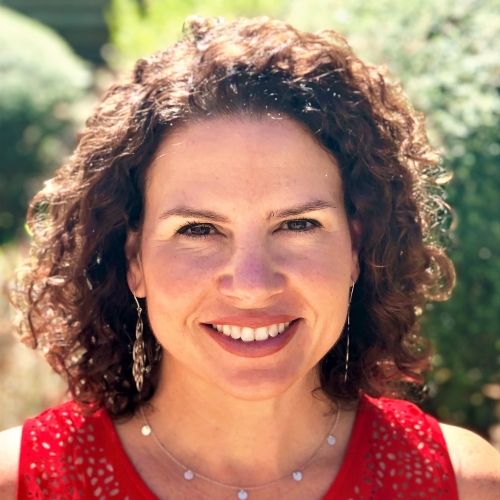
Dr. Joseph Davey is an infectious disease epidemiologist with over 20 years' experience leading research on HIV/STI services for women and children.

Industrial Hygiene & Analytical Chemistry

Dr. Anne Rimoin is a Professor of Epidemiology and holds the Gordon–Levin Endowed Chair in Infectious Diseases and Public Health.

Dr. Hankinson is a Distinguished Professor of Pathology and Laboratory Medicine, and of EHS, and Chair of the Molecular Toxicology IDP
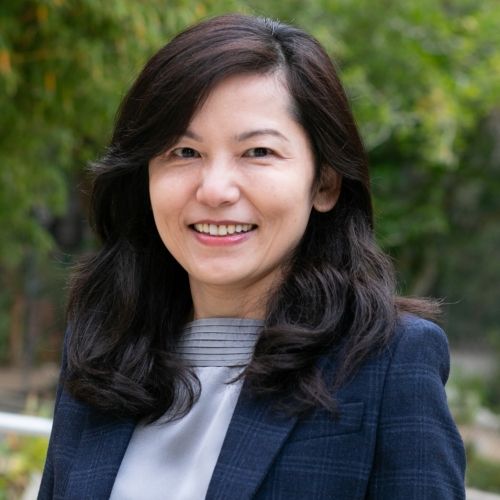
Associate Professor for Industrial Hygiene and Environmental Health Sciences
